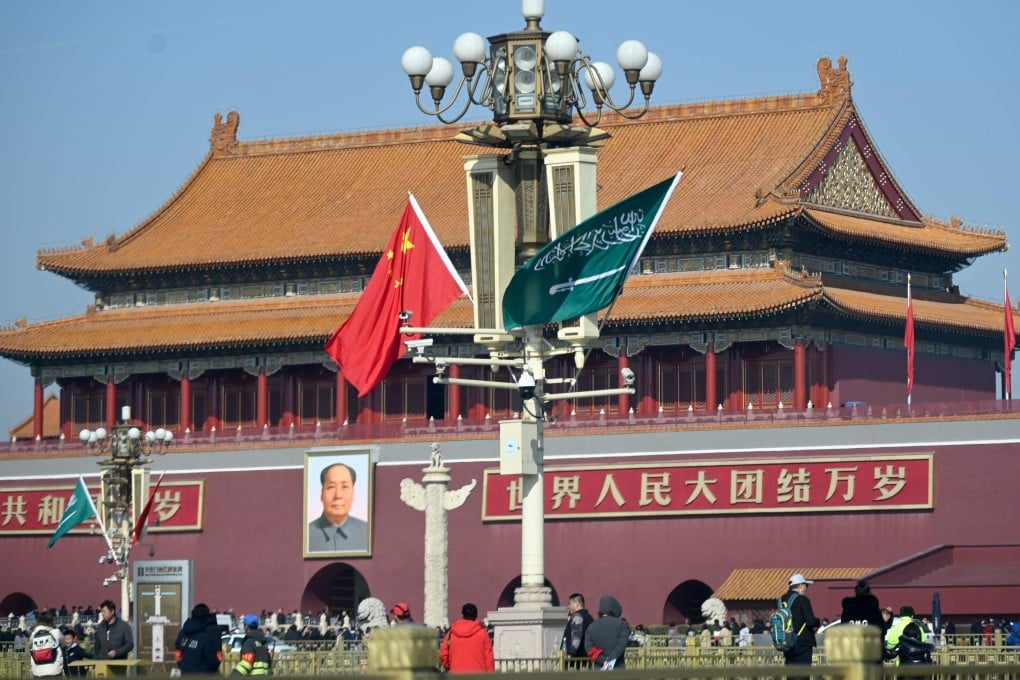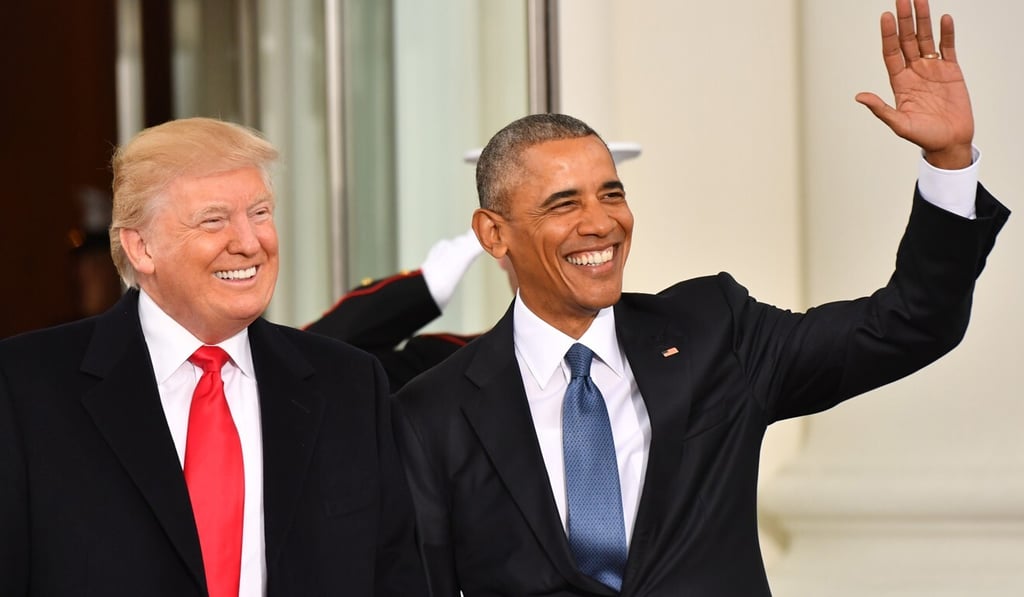Opinion | US-China competition: Washington is no longer the obvious choice for the Middle East
- While US still holds considerable sway in region, Mideast countries would rather not pick sides, preferring to work with an array of partners including China
- Nations are looking to build their own futures and cannot afford to wait for the US to decide how it will engage

The political history of the 20th century in much of West Asia and North Africa can be told through a retelling of the consequences of great power rivalry. The carving up of the modern Middle East following World War I is a prime example of geopolitical competitions playing out on its territories.
After the demise of the Soviet Union, the United States emerged as the primary, if not sole, global power. Yet at the start of the 21st century, America’s role in the region is changing.

There’s no denying America wields major influence in the region. Economically, the singular role of the dollar ensures American influence is maintained. A number of currencies are pegged to it, while others like Iraq and Lebanon rely heavily on the US dollar for their economic activities.
